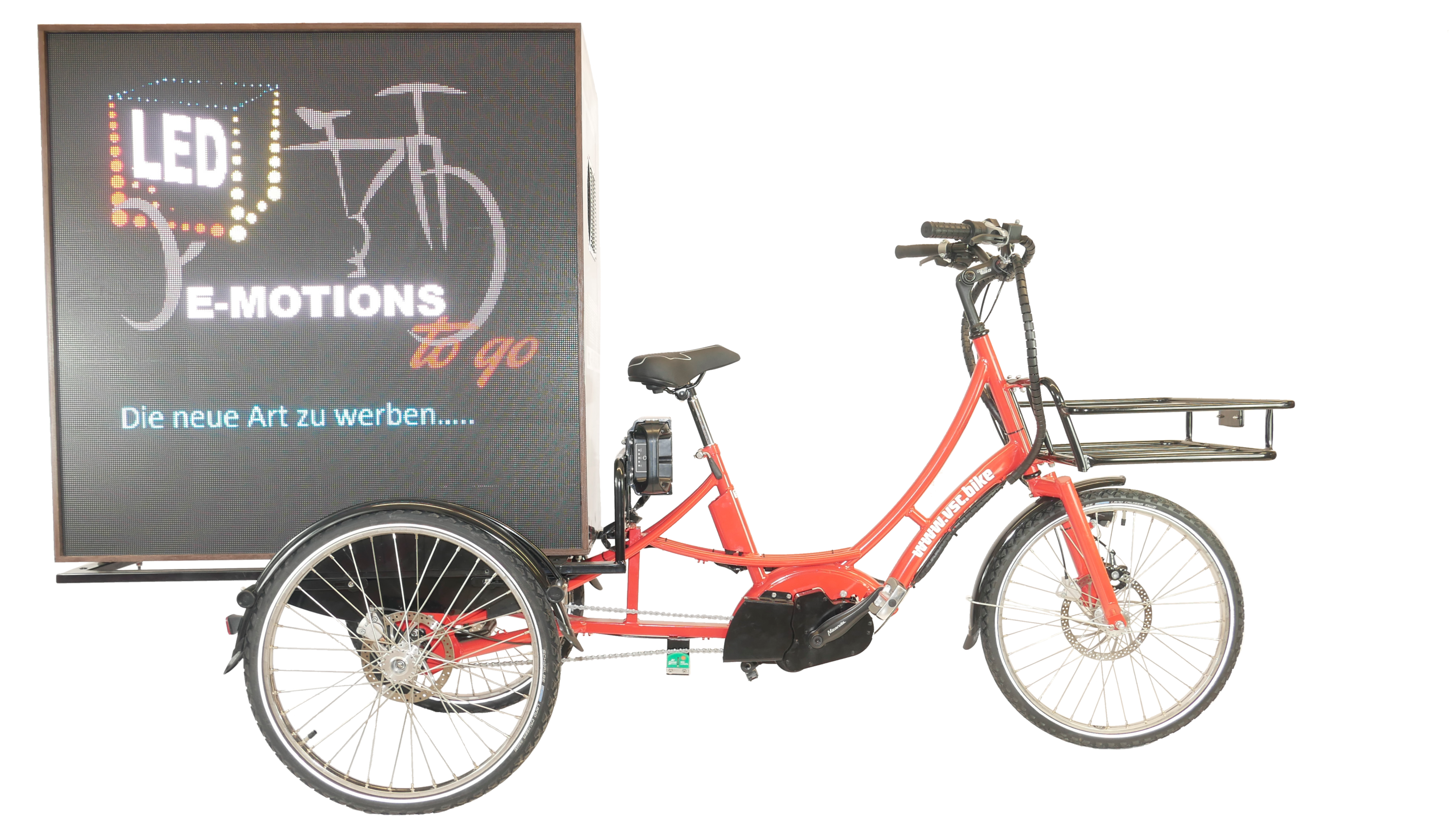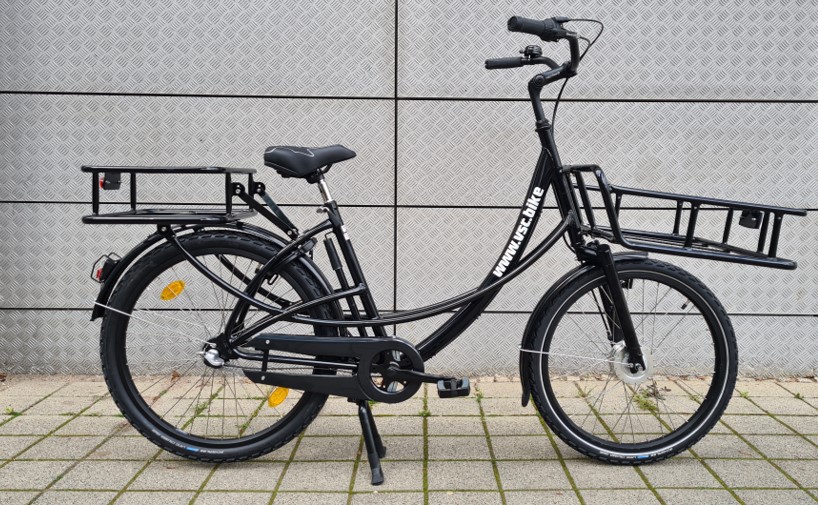Individual cargo bikes: a solution for every use
More and more often you can see cargo bikes - in everyday life and at company depots. Cargobikes are not a new invention, but a rediscovery. Until the middle of the 20th century, cargo bikes were still a widespread form of delivery transport in Germany. However, with the triumph of the automobile, they were displaced. From then on, cargo bikes were only used in niches - for example, for factory transport or letter delivery.
But: In northern European countries such as Denmark or the Netherlands, people have been increasingly using cargo bikes again for several years. In Copenhagen, cycling is the dominant form of transport. More than half of the city's inhabitants use bicycles every day.
Every second transport would be possible with the Cargobike
Other cities are far away from such intensive and thus environmentally friendly use. Yet cargo bikes have great potential: they reduce air pollutant and noise emissions and take up less space. Companies could also save costs by switching to cargo bikes in whole or in part. The EU-Projekt CycleLogistics concludes that about 50 percent of all motorised transport in European cities could be shifted to cargo bikes. The reason for this is that on average less than ten kilometres are covered and not more than 200 kilograms of payload are transported - all of which can easily be done by bike.
The Cargobike provides delicious coffee in the park

Finding the right cargo bike for your individual needs is not always easy. However, manufacturers have responded to the diverse usage requirements with individual customisation options. When it comes to superstructures, for example, almost anything is possible: from standardised mail boxes for delivery bikes to special coolers for ice and drinks on coffee bikes to special superstructures for transporting smaller machines. A Cargobike is to be transformed into a mobile cocktail bar or a rolling library? No problem: the necessary intermediate floors, ramps, hydraulic lid flaps or remote-controlled locking systems are easily available from many manufacturers.
Volkswagen also focuses on individual models

Since December 2019, individual cargo bikes have also been in use at the Volkswagen factory in the Mosel district of Zwickau. Many square kilometres of factory premises, several halls and office buildings as well as its own road network speak for the use of comfortable cargo bikes. "We based the production of the cargo bikes entirely on Volkswagen's wishes," says Raik Vollmann, VSC.Bike managing director, and continues: "The customer wanted to make effective use of the space on their factory premises. So we designed a narrower stand that makes it possible to park many cargo bikes in a small space." A larger basket that can be used to transport more things is also currently under discussion.
Federal government's commitment to the cargo bike
The Zweirad-Industrie-Verband e. V. also sees growth in the bicycle industry in Germany. According to the latest press release, sales of bicycles and e-bikes in 2020 were 16.9 per cent higher than the previous year at over five million units. Turnover increased with a plus of 60.9 percent to 6.44 billion euros.
"Cargo bikes are an innovative solution for very different mobility challenges. Whether as a family carriage to transport the children or as an inner-city delivery and transport bike: cargo bikes are fast, environmentally friendly and contemporary," Raik Vollmann states. The German government has also recognised the trend and subsidises the purchase of a cargo bike with 25 per cent of the purchase price, up to a maximum of 2,500 euros.
Do you also want to take advantage of the state subsidy to purchase a customised cargo bike? But would you like to take a test ride first? Arrange your individual test ride here !
